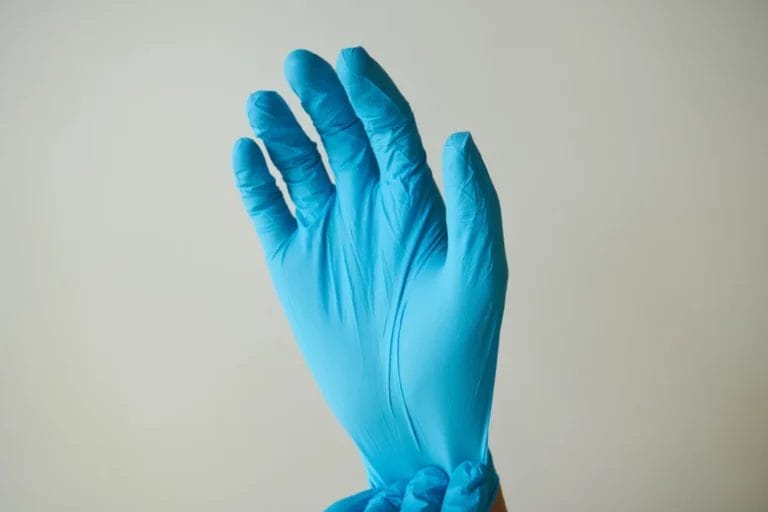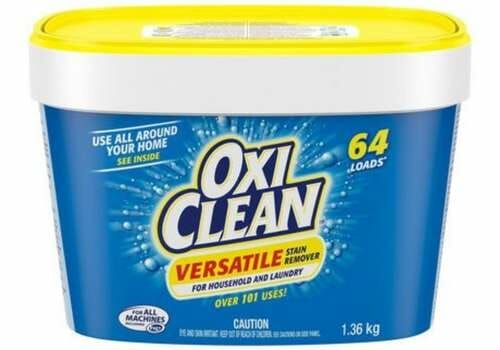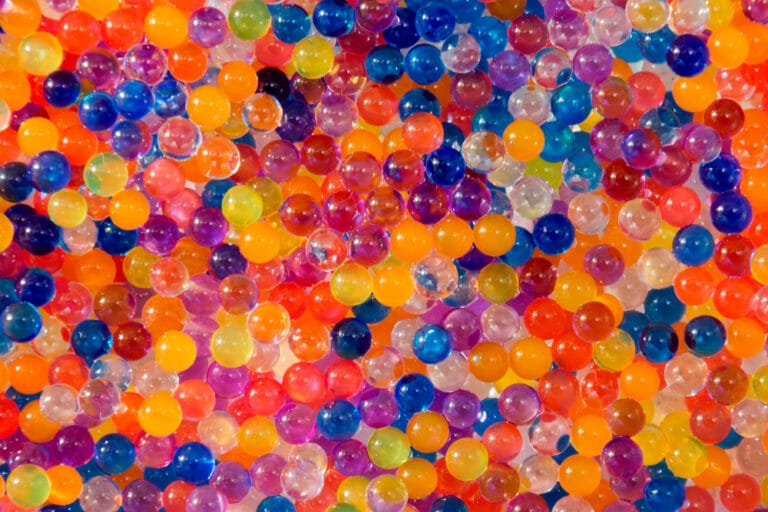Is Glass Biodegradable?
Wondering if glass is biodegradable? We break down everything you need to know about this sustainable material.
There is a lot of debate surrounding the biodegradability of glass. Some say it is not biodegradable, while others claim it is.
So, what is the truth? Is glass eco-friendly, biodegradable, or not?
In this blog post, we will explore the topic of glass biodegradability and provide evidence to help you make up your mind!
Is Glass Biodegradable?
The answer may surprise you. Glass is a natural material made entirely from sand, soda ash, and limestone. These raw materials are all-natural, and you can recycle glass bottles, sea glass, and glass jars repeatedly without losing their quality.
Get Your Hand on Your Eco-Friendly Living Starter Guide!
However, when glass is disposed of in a landfill, it will take hundreds or even thousands of years to decompose.
As a result, glass is not considered to be biodegradable. However, some innovative new ways of recycling glass can help it decompose more quickly.
For example, some companies are using glass cullet (crushed glass) to create artificial sand. This sand can be used in construction projects, eventually breaking down and returning to the earth.
In addition, scientists are developing new ways to recycle glass that could help it decompose more quickly in landfills. Ultimately, whether or not glass is biodegradable is still up for debate.
However, some promising new recycling technologies may help reduce the environmental impact of glass disposal.
Read More: 5 Best Eco-Friendly Alternatives To Latex Gloves
What Is Biodegradability?
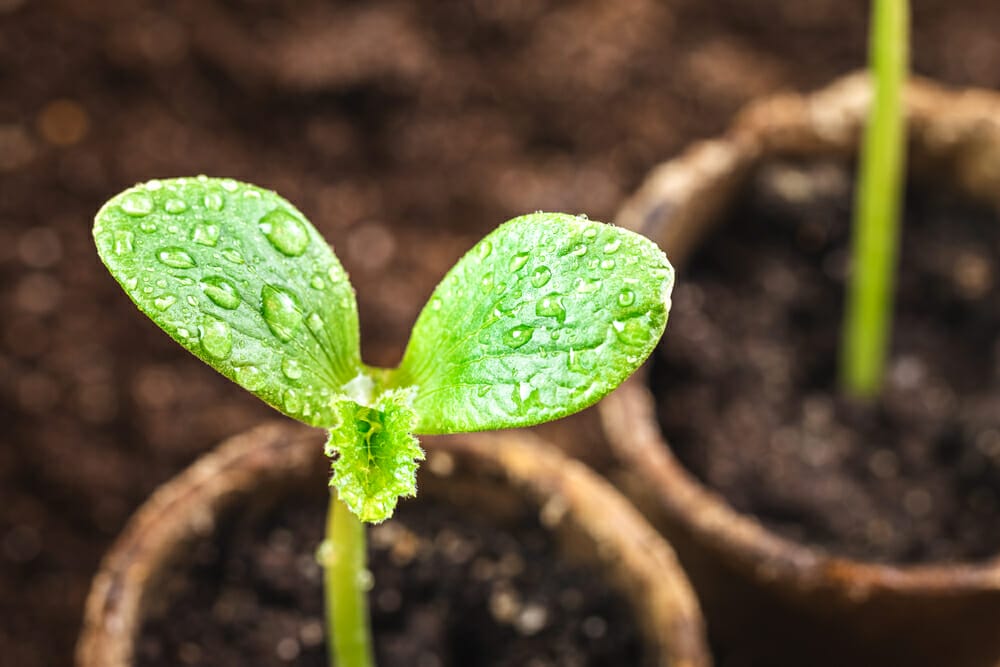
Biodegradable refers “to anything living organisms can break down. It includes both natural and artificial materials.
Because biodegradable materials are made from renewable resources, they are often considered more environmentally friendly than non-biodegradable materials.
However, the rate at which biodegradable materials break down can vary depending on the material and the environment.
For example, paper is a biodegradable material that will break down quickly in moist conditions, but it will take much longer to decompose in a dry natural environment.
In contrast, plastic bottles are non-biodegradable materials that will not break down under any circumstances. As a result, it is essential to consider the conditions in which you will use a biodegradable material before disposal.
Read More: Eco Friendly Vs Environment Friendly: The Difference
What Is Glass And How Is It Made?
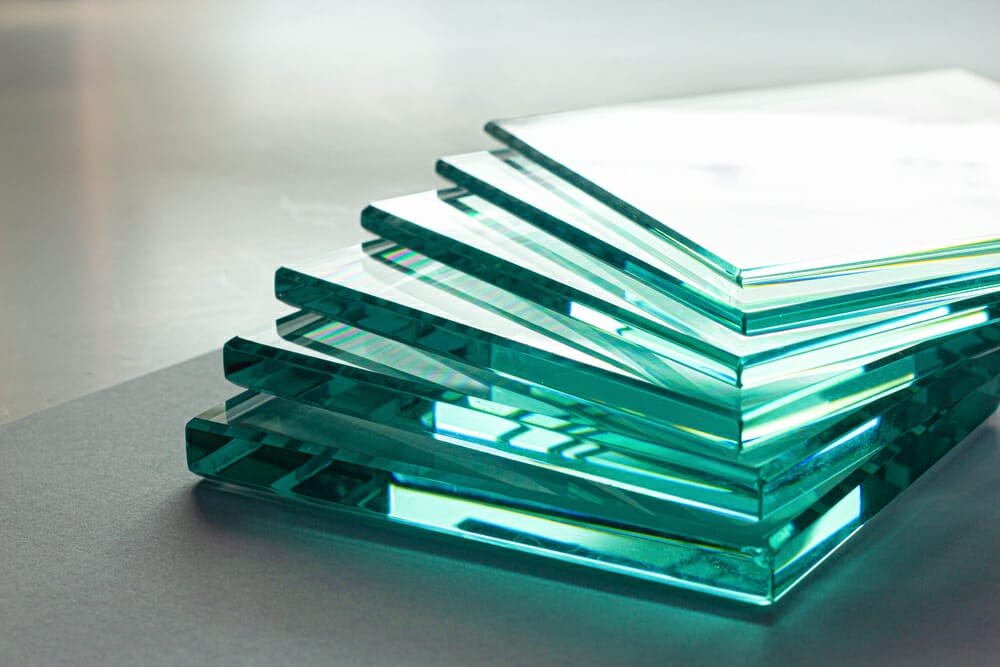
Glass is a material that is made from highly purified sand, soda ash, and limestone. It can be molded into any shape and is used in various ways, from windows and drinking glasses to buildings and cars.
The process of glass production begins with the sand being heated in a furnace until it melts. Then, the soda ash and limestone are added to the molten sand, stirring the mixture until it becomes clear.
Once it has reached the desired consistency, it is cooled down and cut into shape. Glass is a versatile material with many practical and decorative uses.
Whether looking at a window glass or a piece of art, glass is sure to add beauty to your life.
The Debate Surrounding Glass Biodegradability
The debate surrounding glass biodegradability has been ongoing for years, with no clear consensus.
On the one hand, some argue that glass is a natural material and will eventually decompose.
On the other hand, some contend that glass is an artificial material and, therefore, will never genuinely decompose. So, which side is right?
The answer, unfortunately, is that it is difficult to say. Glass is made from sand, which is a natural material, and so it does have the potential to decompose.
However, making glass involves high temperatures and chemical reactions, which change the nature of the sand and make it much less likely to decompose.
As a result, it is fair to say that glass is not a natural biodegradable material.
Of course, this does not mean that you cannot recycle glass. Recycling reduces the need for manufacturing new glass because you can reuse it whenever it is recycled. Besides, the environment should reduce its carbon footprint.
However, it is essential to remember that recycling only delays the inevitable – eventually, all glass will end up in a landfill where it will remain for centuries.
For this reason, some experts believe we should focus on reducing our reliance on glass rather than simply recycling it.
Arguments For Why Glass Is Not Biodegradable
Glass is not biodegradable, meaning it does not decompose and cannot be used as a food or energy source for other organisms. It can be a problem for waste disposal by the local waste management company, as glass takes up valuable landfill space.
Additionally, glass is not recyclable in most cases, so it must be disposed of in a way that does not damage the environment. Here are four arguments for why glass is not biodegradable:
- Glass is made from sand, which is a natural resource. When glass is disposed of in landfills, it takes up space that you could use for other biodegradable materials.
- Glass does not decompose, so it cannot be used as food or an energy source for other organisms.
- Glass is not recyclable in most cases, so it must be disposed of in a way that does not damage the environment.
- Glass is not biodegradable, meaning it will remain in the environment indefinitely if not disposed of properly.
Arguments For Why Glass Is Biodegradable
Glass is a material that is increasingly becoming popular for several reasons. One of the most compelling arguments in favor of glass is that it is biodegradable. Here are four reasons why glass is biodegradable:
One reason glass is biodegradable is that it is made from natural ingredients. Sand, soda ash, and limestone are the three main ingredients used to make glass.
All these ingredients are abundantly found in nature and can be easily broken down by the earth’s processes.
Another reason glass is biodegradable is that it does not release toxins when it breaks down. Unlike plastic bottles, which release harmful chemicals into the environment when it decomposes, glass does not pollute the soil or water when it breaks down, unlike glass.
A third reason glass is biodegradable is that you can recycle it indefinitely. Glass can be recycled repeatedly without losing its quality.
It means that less new glass needs to be produced, which reduces the demand for natural materials and saves energy.
Finally, glass is biodegradable because it decomposes relatively quickly. Glass takes approximately 4 million years, while plastic can decompose up to 500 years.
It means that Glass poses far less of a threat to the environment than plastic does.
In conclusion, there are many good reasons to choose glass over other materials. Glass is made from natural ingredients, does not release toxins when it breaks down, can be recycled indefinitely, and decomposes relatively quickly.
For all these reasons, recycled glass is an environmentally friendly option that you should consider seriously.
Final Thoughts
Glass is biodegradable but not always recyclable. Glass takes up valuable space in landfills, so it is important to remember that recycling only delays the inevitable – eventually, all glass will end up in a landfill where it will remain for centuries.
For this reason, some experts believe we should focus on reducing our reliance on broken glass rather than simply recycling it.
Do you think the glass is biodegradable? Share your thoughts in the comments below!
Keep Reading:
Eco-Friendly Alternative To Air Conditioning: Top 11



